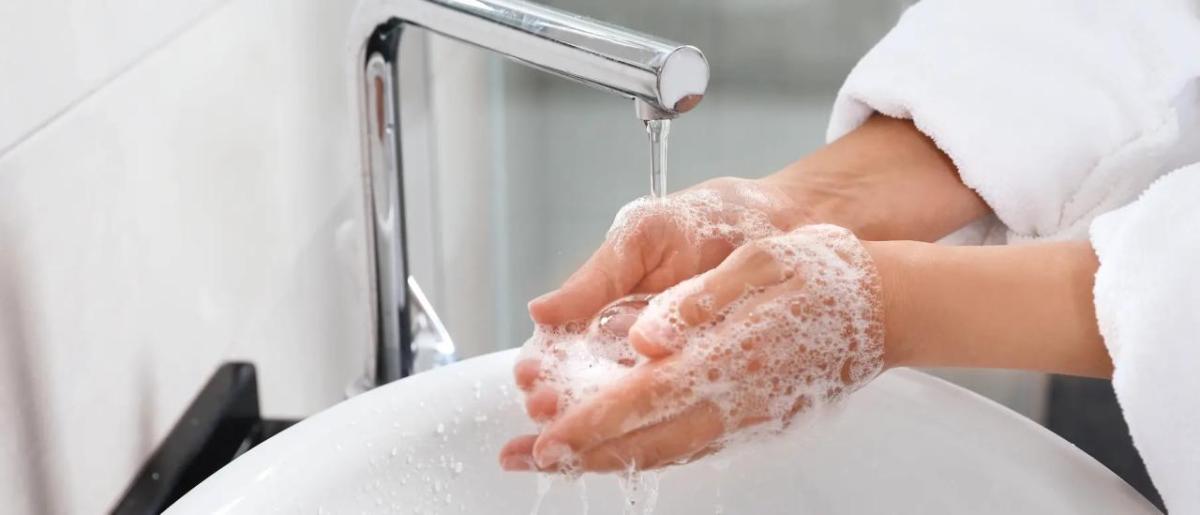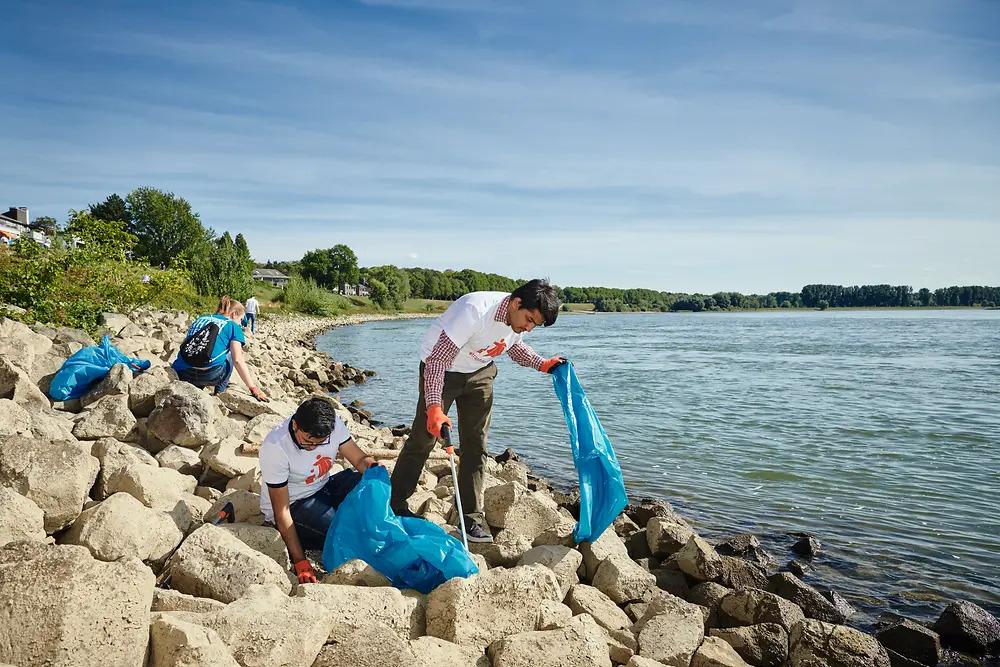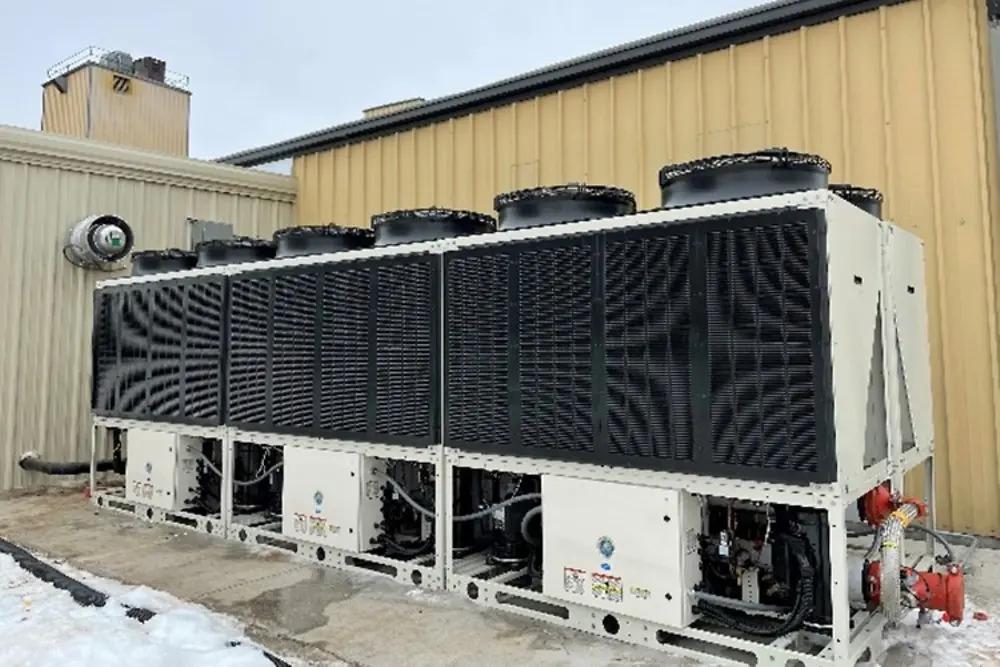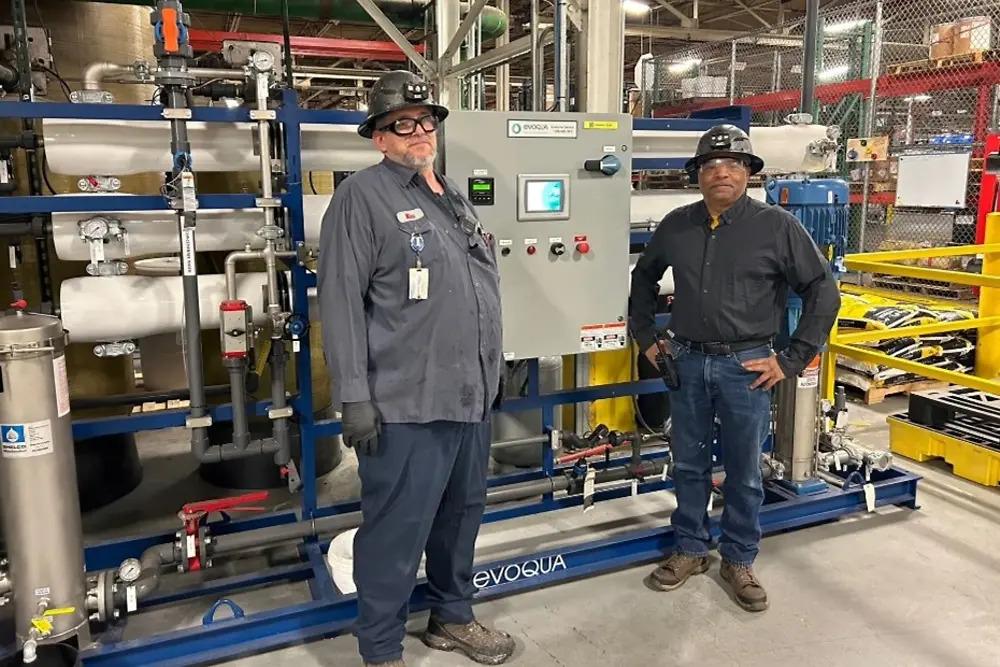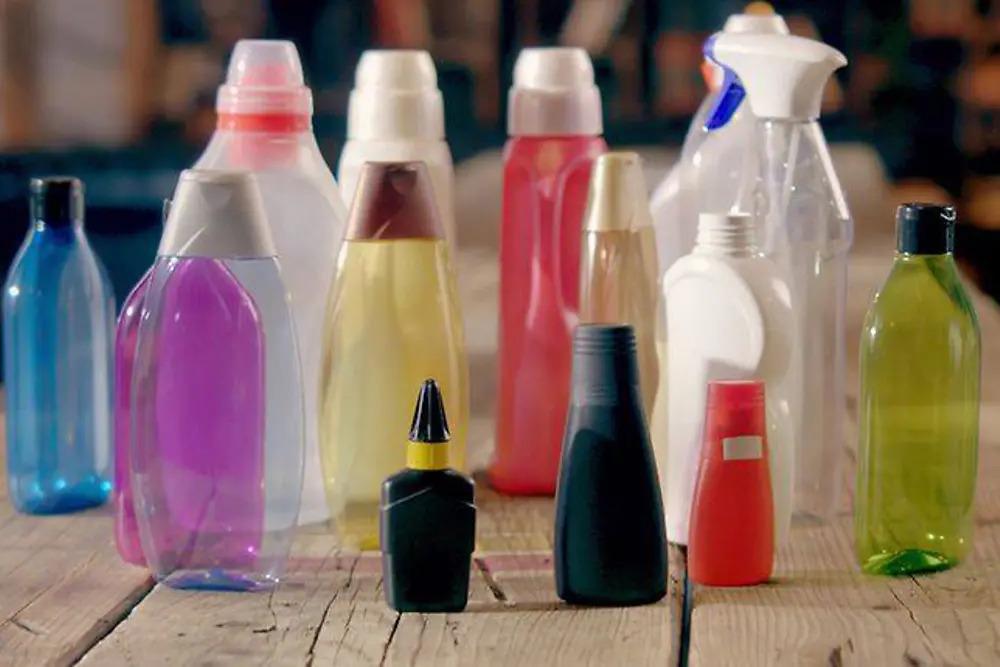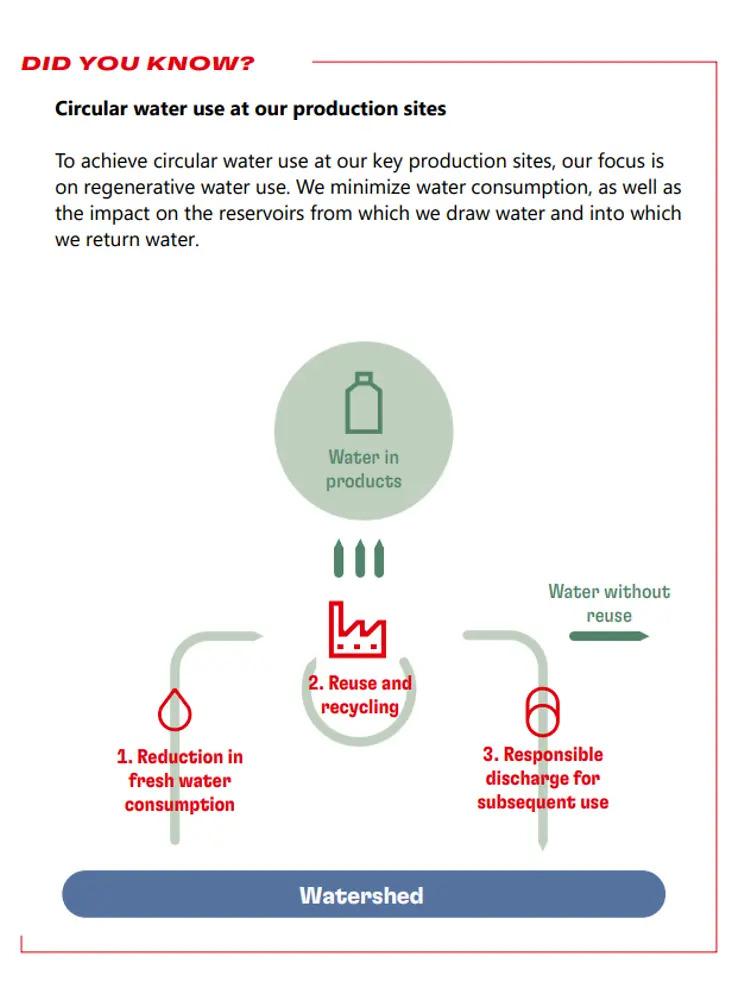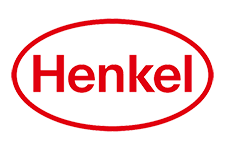4 Ways That Henkel North America Preserves and Prioritizes Water Quality
In celebration of Water Quality Month, read on for 4 ways that Henkel North America preserves and prioritizes water quality in our facilities, product formulations, and community projects.
At Henkel, water plays an important role along our value chain and we believe that conservation and stewardship is a key sustainability initiative. We use water as a part of our production processes and as an ingredient in our products, and naturally, many of our products require water during the use phase. For this reason, reducing water usage and maintaining water quality during the production and use of our products is important for us.
In celebration of Water Quality Month this August, read on for four ways that Henkel North America and our brands preserve and prioritize water and water quality.
1. Technological Improvements Save Water in Cannon Falls, MN
The Adhesive Technologies business unit’s production site in Cannon Falls, MN launched a cooling system that saves an estimated 4.7 million gallons of water per year. This project replaced individual chiller units - which require fresh water to pass through for use and be sent to the sanitary sewer - with a central, closed-loop circulating system of water and glycol mixture that meets the facility’s needs. Since the project’s completion, water and wastewater discharge from this facility has decreased by 95%, aligning with Henkel’s commitment to reduce natural resource and energy consumption and improve quality.
2. Water Reclamation Has Strong Quality Impact in Warren, MI
A water reclamation project at the Adhesive Technologies production facility in Warren, MI allows the integration of previously unused water from the region’s Reverse Osmosis filtration process into the plant’s water stream, while maintaining commitments to quality and meeting customer expectations. It allows for the capture and reuse of around 1.4 million gallons of usable rejected water from the treatment process per year, eliminating it from storm drains. The water necessary for Henkel’s production was previously drawn from municipal water sources, meaning that this project has resulted in a 40% reduction in water consumption per year. The design also digitalizes the connection of the new units to a central control system, allowing online monitoring of the energy consumption and water flows visible at various locations in the plant, contributing to the improvement of overall efficiency in the process.
3. Community Impact Projects Preserve North America’s Watersheds
Henkel believes that in addition to improving the quality and usage of water in our own production, it is important to contribute to the water quality and safety of the watersheds in the communities where we operate. For example, a group of over 400 employees participated in the ‘Suits on the Sand’ program at Dockweiler Beach in the Los Angeles area, in partnership with Heal the Bay, an organization that facilitates beach cleanups, educational programs, and more. The group picked up 329 pounds of trash in an effort to safeguard the local marine environment, preserve biodiversity, and raise awareness about the importance of environmental conservation. Henkel also made a donation of $10,000 to Heal the Bay to further aid in their mission of protecting the Los Angeles watershed.
4. Formulations Help Consumers Improve Water Quality at Home
We are committed to ensuring that our consumer products do not cause any microplastics to enter the environment. Microplastics are synthetic polymer microparticles (SPMs) that are solid, insoluble, and non-biodegradable, and that are five millimeters or smaller. These can enter rivers and oceans via wastewater and accumulate there permanently, which can have detrimental effects to water quality and safety. Several years ago, Henkel stopped using microbeads in cosmetics, detergents and cleaning products in an effort to preserve water quality on behalf of partners, customers, and consumers who use our products.
Water is a key resource for the planet, and it is important to recognize and act on changes to formulation, production, or community initiatives that can have a widespread impact on its quality, safety, and availability. Henkel is committed to continuing to seek ways to play a positive role along with our partners, customers, consumers, and local communities.
For further details on the above initiatives or Henkel’s Sustainability 2030+ Framework, please visit our Sustainability Reports from 2022 and 2023.

